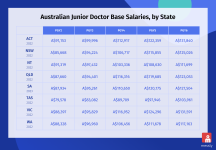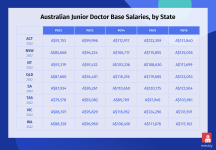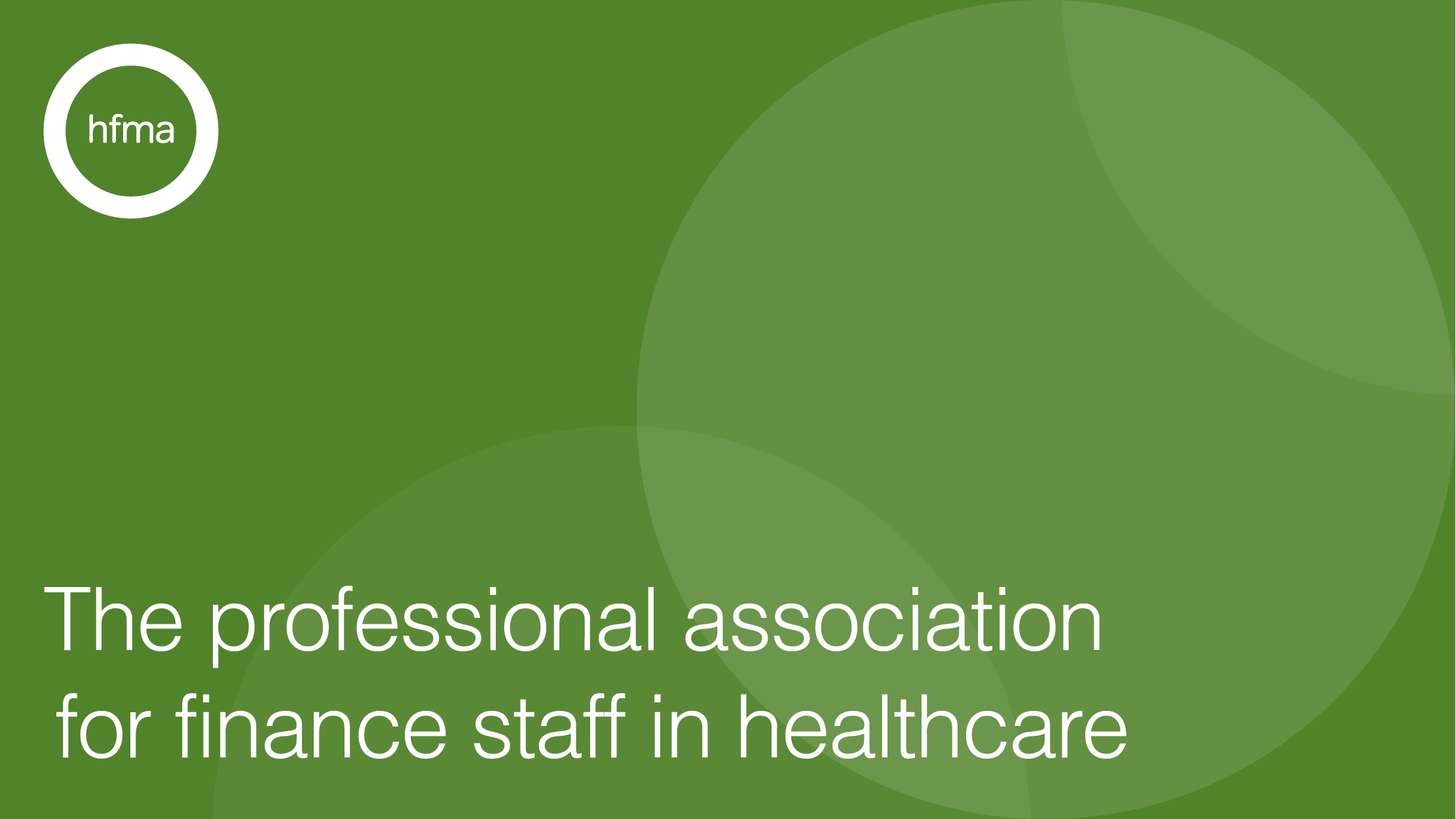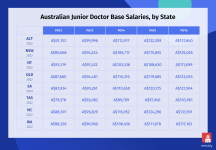Caporegime
- Joined
- 8 Jan 2004
- Posts
- 32,561
- Location
- Rutland
Yes that is correct and all publicly available:So you seem to be confirming that only the newest JD's that are perhaps still around 2 years or less into the job would be on £14 ph.

Pay scales for junior doctors in England
The basic pay scales and salary for junior doctors in NHS training in England for 2019-2020.






